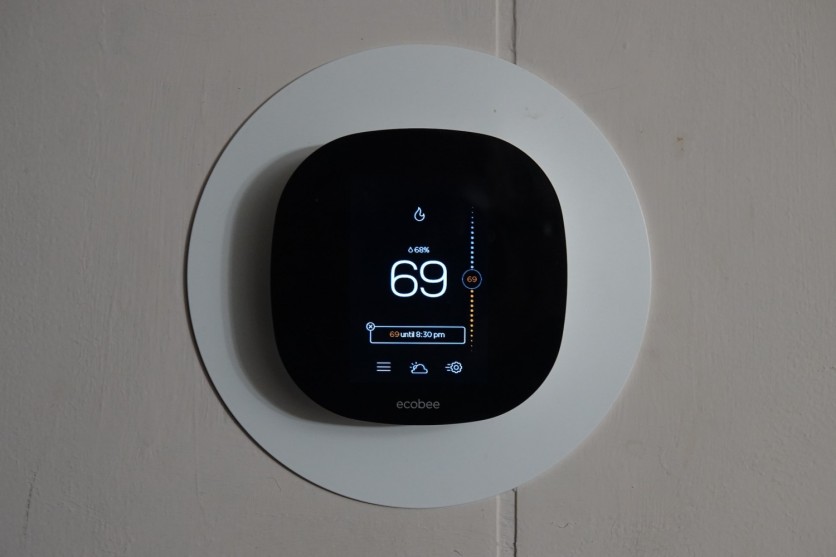For those who are unfamiliar, a heat pump is a device that transfers heat from one space to another, either from a cold space to a warm space or vice versa, making them a great way to heat and cool your home. Heat pumps use a refrigerant to absorb heat from the air outside, and then move the heat inside the home. However, in order to ensure your heat pump is a good fit, you'll need to be an informed consumer and find the right heat pump for your space. Fortunately, there are plenty of resources that can teach you everything you need to know about heat pumps. If you want to learn more, read on for a basic guide to heat pump capacity ratings and sizing.
What should you know about heat pump capacity ratings and sizing?

Heat pump sizing is the process of selecting an appropriate heat pump unit or system that meets the needs of a specific property. Properly sized and installed, a heat pump can provide efficient, reliable heating and cooling for years to come. In general, you want something with enough capacity to meet all your heating and cooling needs without running too hard or straining the electrical wiring in your house. If you buy too large of a system, it will run for shorter cycles than it was designed for by the manufacturer, which is far less efficient.
Heat pump capacity ratings are a measure of the system's ability to heat or cool a space. This rating is expressed either in British Thermal Units (BTU) per hour, which measures thermal energy, or tons, which measures the rate at which air can be moved in and out of a building. The larger the BTUs/ton rating on a heat pump, the higher its capacity and therefore more effective it will be at heating or cooling your home. Heat pumps come with varying capacities ranging from one ton to five tons depending on their size and power requirements.
No matter what type of heat pump you decide to invest in for your home, it's crucial for you to maintain it well. That includes having a technician inspect the unit itself at least once annually so that they can address any problems before they become worse and cause a breakdown. The average lifespan of a heat pump is 10 to 15 years, so if yours is older, you may need a replacement.
How else can you maintain your preferred temperature at home?

Now that you know how to find the right heat pump, let's talk about some other steps that you can take to maintain your preferred indoor temperature, no matter what the temperature is like outside. For example, did you know that cracks and crevices in your windows and doors can let in outdoor air, moisture, and pests? That's why you need to inspect them regularly and seal any flaws or imperfections right away with caulk or weatherstripping. If you find severe damage, then you may need to have them repaired professionally.
Another way to give yourself more control over your indoor climate is by upgrading to a smart thermostat. Not only does it save you money on your energy bill, but it can make your home more comfortable too. A smart thermostat also allows you to stay connected to your home while you're away. Smart thermostats are able to do this by learning your habits and adjusting the temperature accordingly. Some models are even able to provide insight into your energy usage, so you can optimize your system to be as eco-friendly as possible.
Overall, understanding heat pump capacity ratings and sizing is required if you want to ensure that your heat pump system is sized well for your home. Having the correct size system will ensure that you get the most efficient operation and will also help you save money on energy costs over time. After you've had your heat pump installed, you can start thinking about other ways to make your home more comfortable, like sealing cracks in your windows and doors or upgrading to a smart thermostat. Follow these tips and you'll be cozy at home all year round.
ⓒ 2025 TECHTIMES.com All rights reserved. Do not reproduce without permission.


![Best Gaming Mouse For Gamers With Smaller Hands [2025]](https://d.techtimes.com/en/full/461466/best-gaming-mouse-gamers-smaller-hands-2025.png?w=184&h=103&f=6fd057ef777bd39251d4e7e82e9b23f1)

